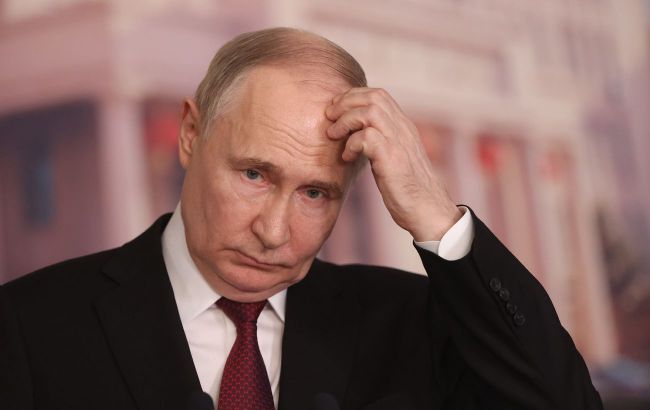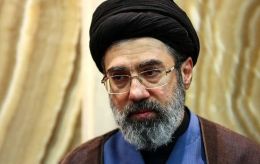Budget gap imperils effort to launch special tribunal on Russia — Euronews
 Photo: Vladimir Putin (GettyImages)
Photo: Vladimir Putin (GettyImages)
The Council of Europe's initiative to establish an international tribunal to prosecute crimes of aggression against Ukraine is under threat due to a lack of funds, Euronews reports.
According to the agency's sources, it is becoming increasingly difficult for European countries to meet their financial obligations without US support. Donors fear that the administration of US President Donald Trump will continue to refuse to participate in multilateral initiatives, which effectively complicates the fundraising for the launch of the tribunal.
The special tribunal was agreed upon in June between the Council of Europe and President Volodymyr Zelenskyy. For it to work effectively, the participation and funding of several partners are required. However, according to Euronews sources, Washington's reduced support for Ukraine has put the project at real risk.
According to Euronews, the tribunal's estimated budget is around €75 million per year, excluding costs for premises and security. The tribunal is planned to be located in the Netherlands. The EU, for its part, is to provide an annual contribution of €10 million.
The main donors to the Council of Europe are the G7 countries - France, Germany, Italy, and the United Kingdom. However, it is currently unclear whether they are prepared to participate in the regular financing of the project. Moreover, according to four sources, these states are not actively involved in the process.
The Council of Europe has so far refrained from making any official comments.
"Talks with member states are ongoing," the spokesperson replies to Euronews.
Special tribunal for Russia
Europe is in the process of establishing a special tribunal to consider Russia's crime of aggression against Ukraine.
Work on the initiative intensified significantly after President Volodymyr Zelenskyy visited Strasbourg on June 25, where Ukraine and the Council of Europe signed a bilateral agreement. Council of Europe Secretary General Alain Berset emphasized that this document was an important step in the implementation of the project.
Immediately after the signing, a large-scale preparatory phase began: the necessary legal mechanisms are being created, personnel are being selected, and infrastructure is being prepared for the future body to operate.
Berset stressed that the effective launch of the tribunal is only possible with the active participation and support of the Council of Europe member states, in particular through the ratification of the expanded agreement. According to him, the Council of Europe itself is ready to start practical work immediately - everything depends on the political will of the partners.
The statute of the future tribunal will not contain provisions on personal immunity, which will allow charges to be brought against the current Russian leadership. At the same time, sentencing or conviction in absentia will only be possible after the accused have lost their positions.
At least 25 countries have already announced their intention to join the formation of a special tribunal on Russia.


